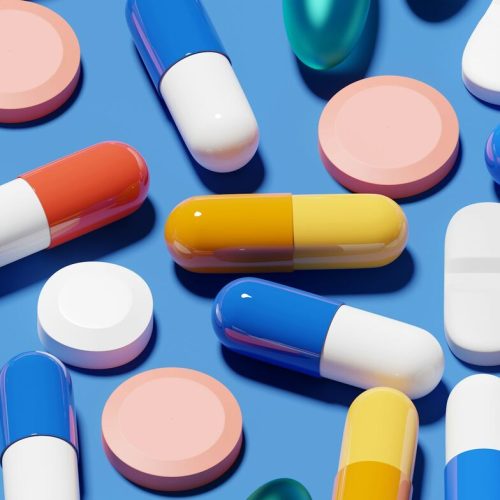Peptide Research Blog
- All
- Anti-Aging
- Athletic Performance
- Biohacking
- Cognitive Health
- Collagen Peptides
- Copper Peptides
- Energy
- Immune Health
- Muscle Growth
- Peptide Bioregulators
- Peptide Comparison
- Peptide Dosages
- Peptide Stacks
- Peptides
- Peptides for Healing
- Peptides for Women
- Podcast
- Sexual Health
- Sleep
- Weight Loss

This article is for informational purposes only and does not constitute medical advice. Always consult with a qualified healthcare provider...

This article is for informational purposes only and does not constitute medical advice. Always consult with a qualified healthcare provider...

This article is for informational purposes only and does not constitute medical advice. Always consult with a qualified healthcare provider...

This article is for informational purposes only and does not constitute medical advice. Always consult with a qualified healthcare provider...

BPC-157 nasal spray represents an unstudied delivery route for a peptide that already lacks FDA approval. While some users prefer...

Learn evidence-based BPC-157 and TB-500 dosing protocols, stacking methods, mechanisms, and safety considerations for tissue repair and recovery.

This article is for informational purposes only and does not constitute medical advice. Always consult with a qualified healthcare provider...

This article is for informational purposes only and does not constitute medical advice. Always consult with a qualified healthcare provider...

BPC-157 shows promise for tissue repair and gut health in animal studies, but women face unique considerations due to limited...

Learn the advantages of these major peptides for recovery that can accelerate tissue repair, reduce inflammation, and speed recovery from...

Body protective compound-157 (BPC-157) accelerates wound healing and tissue regeneration through multiple cellular pathways, but clinical data from human studies...

Sermorelin and BPC-157 serve different health goals: one boosts systemic growth, the other promotes tissue healing. Having a better understanding...
Skip the Hype. Get Real Peptide Science.
Skip the Hype. Get Real Peptide Science.
Join thousands getting accurate, research-backed peptide information from medical professionals—not influencers.
